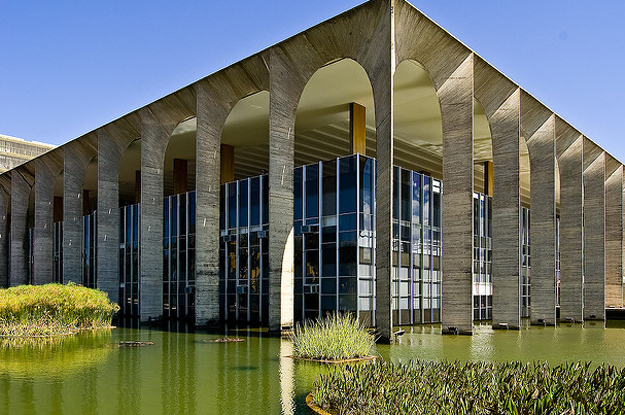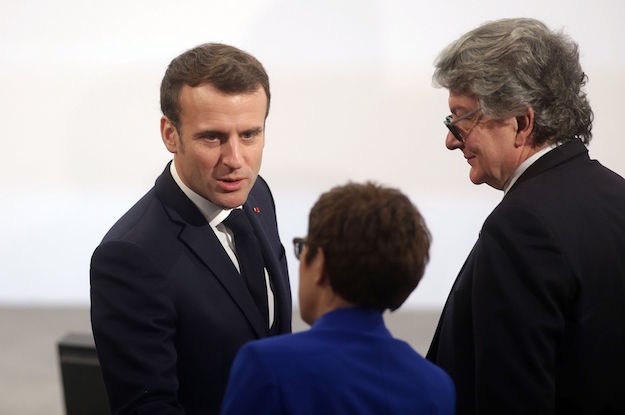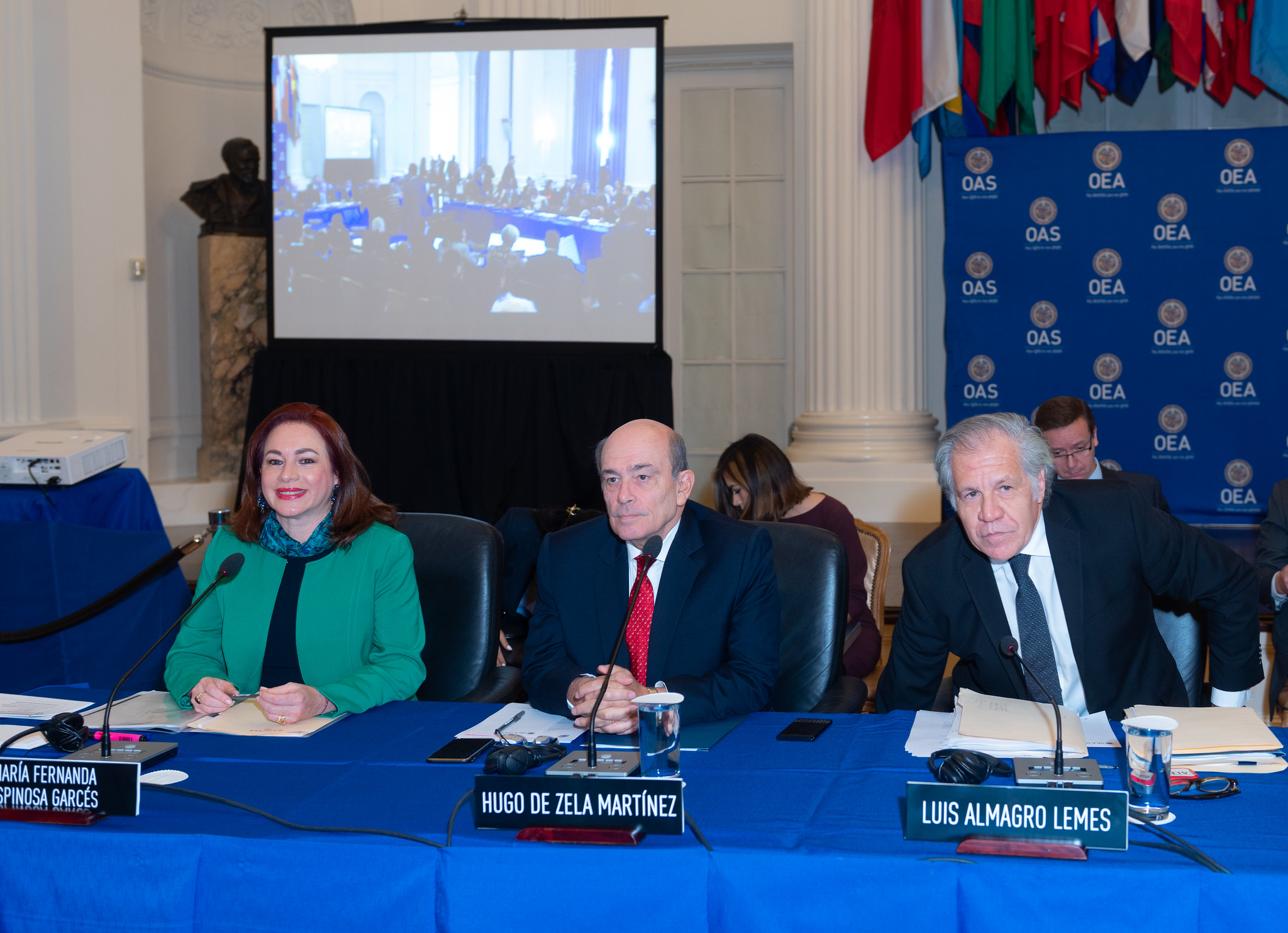José Serra’s tenure as Brazil’s Minister of Health from 1998 to 2002 was highlighted by a successful effort to overcome the resistance of U.S. pharmaceutical giants and provide Brazilians with universal access to generic AIDS drugs, a move that saved hundreds of thousands of lives. Serra was unable to make such a significant mark in his more recent stint as Brazil’s foreign minister – on Feb. 22, he announced he would be stepping down over health concerns after just 8 months on the job.
While Serra’s tenure in President Michel Temer’s administration was too brief for a meaningful evaluation, three achievements – all of which his successor can and should build on – stand out: First, Serra helped the foreign ministry regain the status it had lost under former president Dilma Rousseff; second, he led the effort to suspend Venezuela from Mercosur – an important step after Brazil’s shameful silence in the face of President Nicolás Maduro’s repeated attacks on democracy; and finally, he helped shift attention to border security and regional security cooperation, topics often neglected in Brazilian foreign policy debates.
Through it all, Serra faced considerable obstacles, from allegations of his involvement in the widespread Lava Jato corruption scandal to a profound economic crisis that made talk of grand foreign policy strategy unrealistic (not to mention Temer’s abbreviated term, which made any long-term projects difficult to implement).
Whoever succeeds Serra can still play a crucial role in helping Brazil overcome its current troubles, but only if he or she picks the right battles. To that effect, Brazil’s next foreign minister should focus on three key challenges.
1. Manage the global corruption fallout
One of the biggest international bribery cases in history, the revelations of corruption linked to Brazilian construction giant Odebrecht’s global operations are causing a political earthquake across Latin America – and can be expected to produce political uncertainty for years to come. The case has also cast a shadow over Brazil’s international reputation; several Latin American governments may avoid working with Odebrecht and other Brazilian firms as a result. Peru, for example, has already said it will no longer work with the company after it “corrupted three Peruvian governments.” Serra’s successor can expect to deal with continued international backlash from ongoing investigations. One of the best ways to reduce the fallout would be to actively show the world that Brazil has embraced tougher anti-corruption legislation and is willing and able to take a lead in international efforts to curb corrupt practices. More delicately, it will also involve traveling to neighboring countries affected by the scandal to make a public apology.
2. Improve border security and regional cooperation to address transnational crime
Brazil has largely failed to manage security threats at its international borders, including human trafficking and the flow of drugs, weapons and contraband. Serra’s successor should focus on cooperating with neighbors to establish a better strategy for combatting transnational organized crime. Yet even creating a plan that details how to secure over 10,500 miles of border with 10 different countries will be a herculean task – especially when organized crime often enjoys political influence through illicit campaign finance on both sides of the border. This will be made even more difficult by a lack of inter-agency communication, and complicated further still by insecurity in Venezuela and a temporary power vacuum in international cocaine trafficking resulting from the FARC’s demobilization in Colombia. More than 10 Brazilian government agencies are involved in managing border security, and there is no clear sense of who the ideal counterpart should be in each neighboring country, or how to involve local populations. Despite the challenges, successfully managing the border will prove critical for both domestic and international security. Brazil is the world’s second largest consumer of cocaine, the largest consumer of crack cocaine and a gateway for cocaine headed to Europe. An increase in crimes related to drug trafficking helps explain why the number of murders in Brazil increased over 250 percent in the last three decades, from levels comparable to that of the United States in the early 1980s – before the illicit cocaine trade began moving through Brazil – to today, where one person is killed every nine minutes. Regional cooperation will be a critical component to tackling organized crime within Brazil.
3. Help accelerate Brazil’s economic recovery
While serious domestic reform is needed to ensure Brazil’s economic recovery, foreign policy plays a far more important role than most people realize. Reviving the South American sub-regional body Mercosur by suspending Venezuela was a good start. Serra’s successor should also actively pursue free-trade agreements, use bilateral agreements to help solve outstanding double-taxation issues and clearly articulate how Brazil intends to fix its economy to international investors. He or she should also cooperate with other ministries (such as those for labor, education, finance, transport and tourism) to aggressively seek funding from the BRICS-led New Development Bank, restart the scholarship program for Brazilian students abroad, facilitate immigration rules to attract and hire skilled workers and slash cumbersome visa rules that have resulted in a remarkably low number of international tourists. By spearheading these reforms, Serra’s successor can help ensure that Brazil no longer holds its position as the most inward-looking member of the G20 group of major economies by the end of 2018.
With little more than 18 months in office, Brazil’s next foreign minister has his or her work cut out for them.









